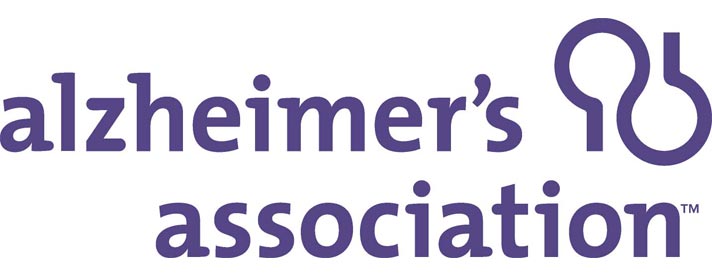2023 Legislative Session:
We are excited to announce the introduction of SB458 for the 2023 Legislative session. In early February, the bill passed the Senate's Health and Human Services committee and is continuing to make its way through the legislative process. An overview of the bill and an explanation of how this legislation affects Oklahoma Nurse Practioners (NPs) and other Advanced Practice Registered Nurses (APRNs) is coming. So check back!
Note: AONP members receive updates and important email notifications with the latest on our legislative efforts and events planned for the session. Join AONP and support this important work at npofoklahoma.com and stay informed! JOIN US! We are STRONGER TOGETHER!
Oklahoma faces a health care crisis. Our state ranks 49th in physician-to-patient ratio, a fact that wouldn't surprise anyone who has waited two weeks for a doctor's appointment or who drives an hour or more for primary care.
Oklahomans deserve better access to affordable heath care. The Oklahoma legislature can join 28 other states, who have made this simple, common-sense change and increased health care access for their citizens. Oklahoma needs to remove these barriers and allow NPs and APRNs to utilize their full education and skills to care for Oklahomans.
Every state surrounding Oklahoma (aside from Texas), has removed practice barriers - which means Oklahoma loses health care providers to these bordering states. With better practice environments, Oklahoma APRNs are enticed to leave to these neighboring states where they can fully utilize their education and skills.
In Oklahoma, outdated regulations require nurse practitioners and other APRNs to have a letter from a physician on file, even though little or no collaboration occurs. Many NPs and other APRNs pay thousands of dollars a month just to have this letter on file, and that's money that could be used to hire staff or expand services.
Nurse practitioners, as well as other APRNs, have a master's degree or doctorate and can provide physical examinations, diagnose and treat acute and chronic problems, interpret laboratory results, prescribe and manage medications and more.
28 other states, the District of Columbia, and the U.S. Department of Veterans Affairs have already done away with these antiquated requirements. It's time Oklahoma did as well! Oklahomans deserve better access to quality health care.
















